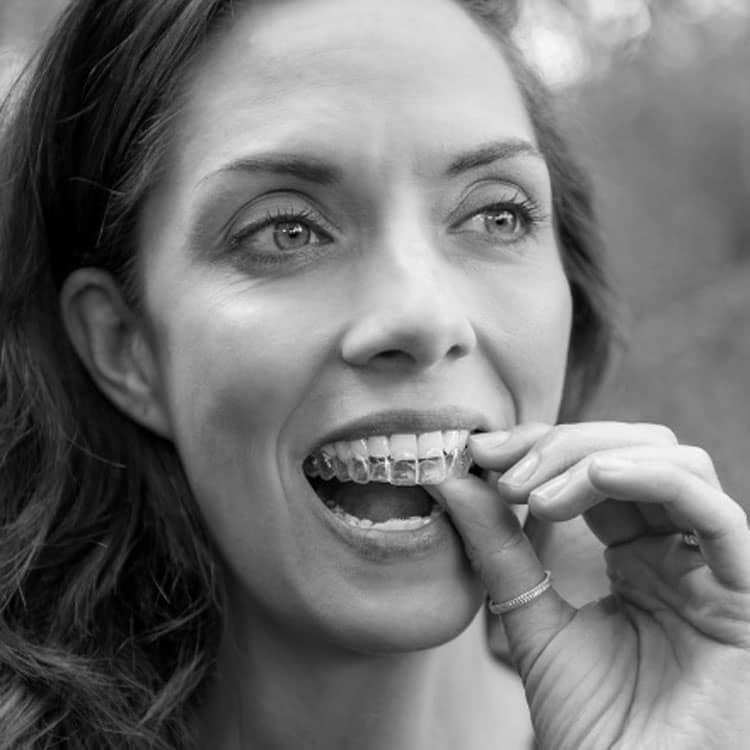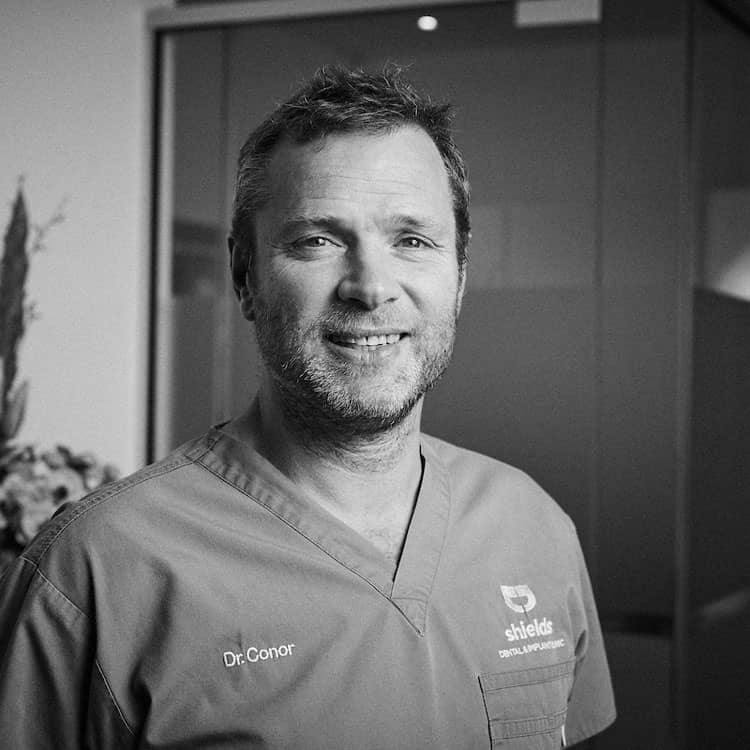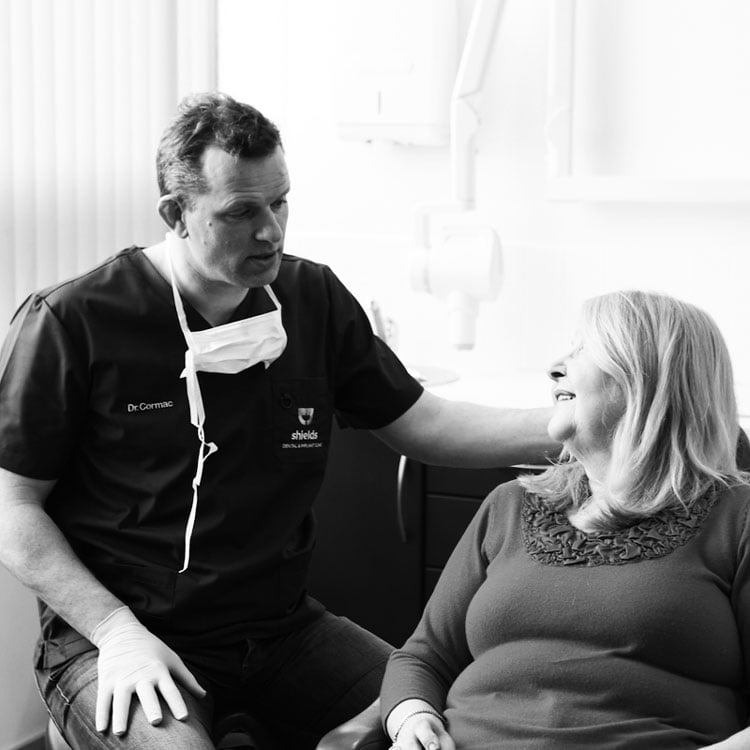Let us eliminate
the strain.
Most people who grind their teeth are completely unaware that they do it.
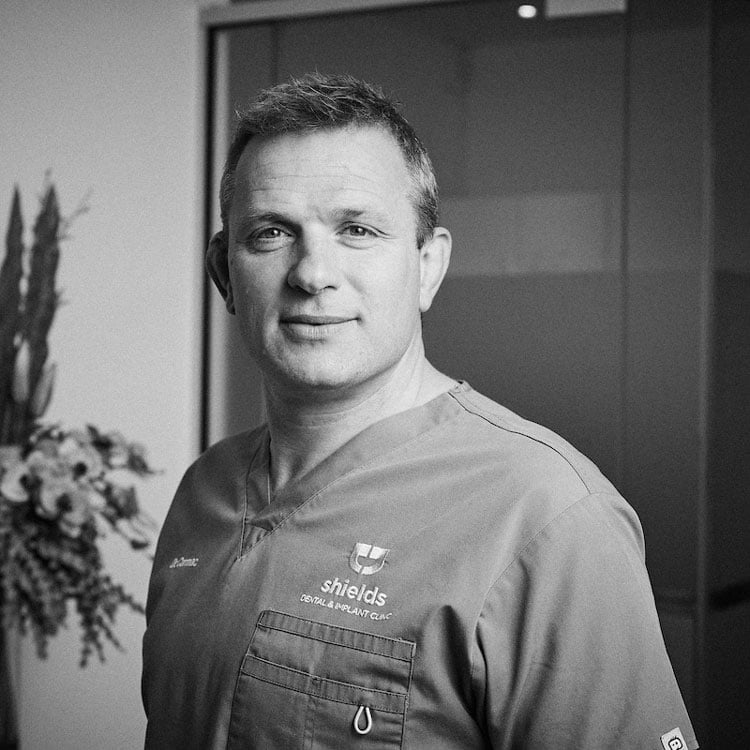
What is
Bruxism?
Grinding, or Bruxism, was thought to be caused by stress, but now has been identified as a symptom of Temporomandibular Joint Dysfunction (TMD), and also linked with sleep apnoea, as something that is done unconsciously during sleep to reopen blocked airways. Over time, grinding damages the teeth and causes sensitivity and decay, possibly leading to permanent jaw pain and damage.
We have years of experience in the diagnosis and treatment of TMD and have been members of the British Society for Occlusal Studies for over 15 years.
Symptoms that you should be aware of.
As grinding is something that people prone to it do whilst sleeping, its symptoms can include a ringing or buzzing in the ears; wear and tear on the surface of the teeth; sensitivity of the teeth; teeth that are constantly breaking; fillings that fracture; crowns that work loose; and toothache for no apparent reason. All of these symptoms can be signs of, and exacerbate, Temporomandibular Joint Dysfunction.


How we
can help.
Once the source of the pain and the tooth wear is under control any worn tooth tissues can be safely restored. This could be a simple matter of adding white fillings to the top of the teeth, using porcelain or composite veneers, or applying onlays or crowns to the back of the teeth. Our skilled dentists will be looking for safe and reliable ways to create a balanced, functional bite again.
FAQs.
Invisible Item
What is Temporomandibular Joint Dysfunction?
The Temporomandibular Joint (TMJ) is the joint connecting the lower jaw and skull, which enables you to open and close the mouth, and chew from side to side. Temporomandibular Joint Dysfunction (TMD) is the name given to problems with the jaw, and the muscles in the face that control it.
What problems can grinding cause?
The most immediate signs occur first thing in the morning; a stiff jaw, or tenderness when you bite together. You may also be suffering from severe headaches or neck and shoulder pain; from pain and discomfort on the sides of the face around the ears or jaw joints; or difficulty moving the jaw. You may also notice loosened teeth and receding gums, and occasional prone to tiredness or spasm in the muscles that move the jaw.
What are occlusal problems?
‘Occlusion’ is the dental term used to describe the way the teeth meet when the jaws bite together. If the teeth do not fit together properly, this can create problems not only for the teeth but also the gums, the temporomandibular joint and the muscles that control it.
How are occlusal problems and grinding treated?
Conor and Cormac Shields have undertaken extensive postgraduate training with the British Society of Occlusal Studies and are experienced in the assessment and treatment of TMD.
Various muscles may be sore when testing, or broken and worn areas of the teeth can provide tell-tale evidence of clenching or grinding, a common sign of an incorrect bite.
The dentist may treat the problem by prescribing an Occlusal Splint, a hard plastic appliance that fits over the upper or lower teeth. This will be measured and fitted accurately so that when you bite on it, when your muscles are relaxed, all your teeth meet at exactly the same time.
The Occlusal Splint may have to be worn all the time, or at night only. If the appliance relieves the symptoms, it is possible that your bite will need permanent correction.
What are the treatment options available?
- Occlusal splint: In many cases, an occlusal splint (or Michigan splint) can help.
- Tooth adjustment: the direction and positioning of the slopes that guide your teeth together can often help to reposition the jaw.
- Teeth replacement: missing teeth may need to be replaced using bridges, dentures or implants to ensure the TMJ has equal support from both sides of the both jaws.
- Medication: some drugs may assist, but this is usually only a temporary measure.
- Diet & exercise: a soft diet may help, so that there is less stress on the TMJ, as can corrective exercises, external heat, and, in some cases, physiotherapy. Caffeine may make you more likely to clench your teeth. It can also cause anxiety and that anxiety makes it harder to rest. Also avoid alcohol. Alcohol can give you a hangover, but it can also make you wake up with pain of a different kind.
- Relaxation: counselling and relaxation therapy can help in some cases, assisting the patient to become more aware of how to manage stressful situations and control tension. Meditating before you go to sleep at night can help you relax. If you’re relaxed, you’re less likely to grind or clench your teeth. Think about training your mouth to relax while you’re awake. If you’re experiencing stress and feel your mouth clenching up, stop yourself. You can do that by first taking a deep breath. Then place the tip of your tongue between your teeth. That position keeps you from grinding. At night, wet a washcloth with warm water. Then place it against your cheek.
Our
treatments.
From the regular check-up to the specialist and advanced treatments that are needed throughout life, we always use state-of-the-art equipment and latest recommended techniques.

Open 7 days*
Highly trained specialists and dentists
Your safety is guaranteed in our hands
Payment options
Technically advanced
Convenient locations
No obligation consultations
Find out what makes us different.
Recent Reviews.

SCR, Limerick, Shields Dental & Orthodontic Clinic

Castletroy, Limerick, Shields Dental & Orthodontic Clinic
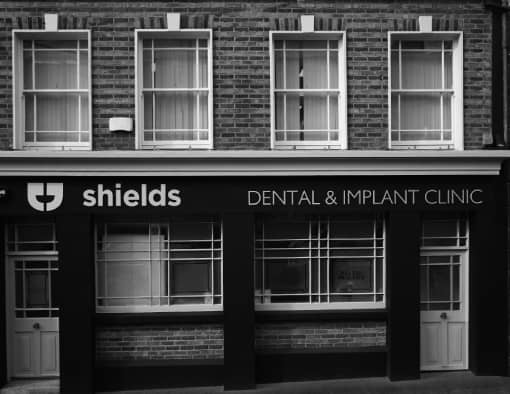
Roscrea, Tipperary, Shields Dental & Orthodontic Clinic

Blackrock, Dublin, Shields Dental & Orthodontic Clinic
Convenient
locations.
You don’t have to go to Beverly Hills to look good, you can go local. In convenient locations in Limerick, Castletroy, Roscrea and Blackrock Dublin. Comfortable but advanced, friendly but professional. Click on your preferred location in the menu or use the arrows to discover more.
For the
smile you have
always wanted.
Use our FREE consultation service to speak to one of our Treatment Coordinators, who give you information about how we can help, without any financial commitment.
Most importantly it helps to build your confidence in starting your journey with Shields to the smile you have always wanted.
We’ll discuss with you what you would like to achieve with your dental health and the appearance of your smile, answer any questions and listen to any problems you may have had with your teeth in the past.

